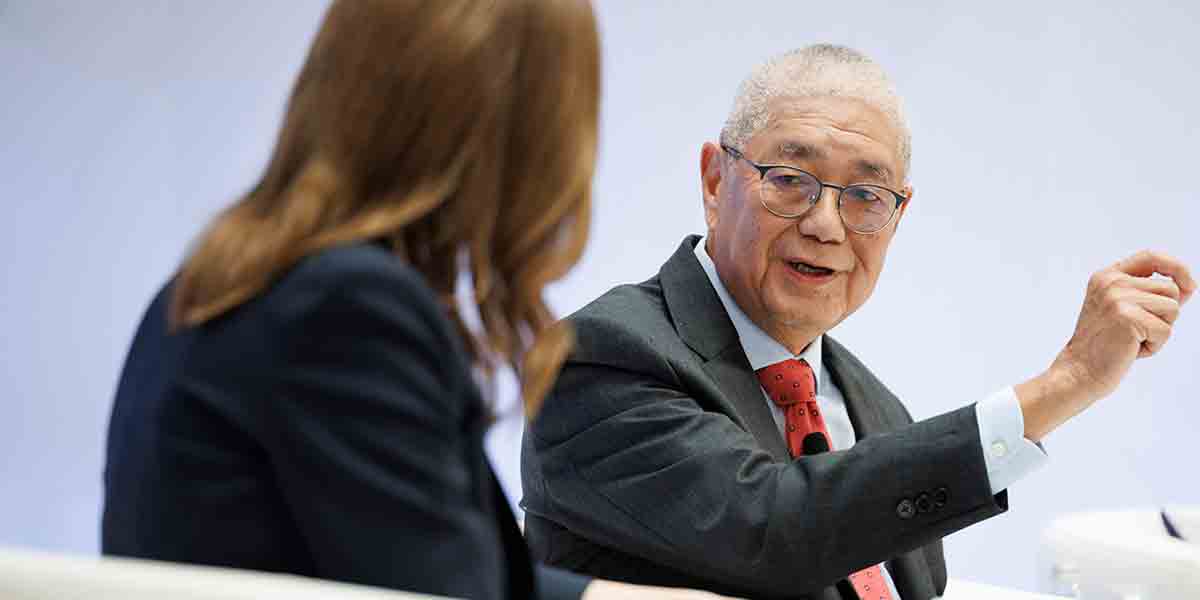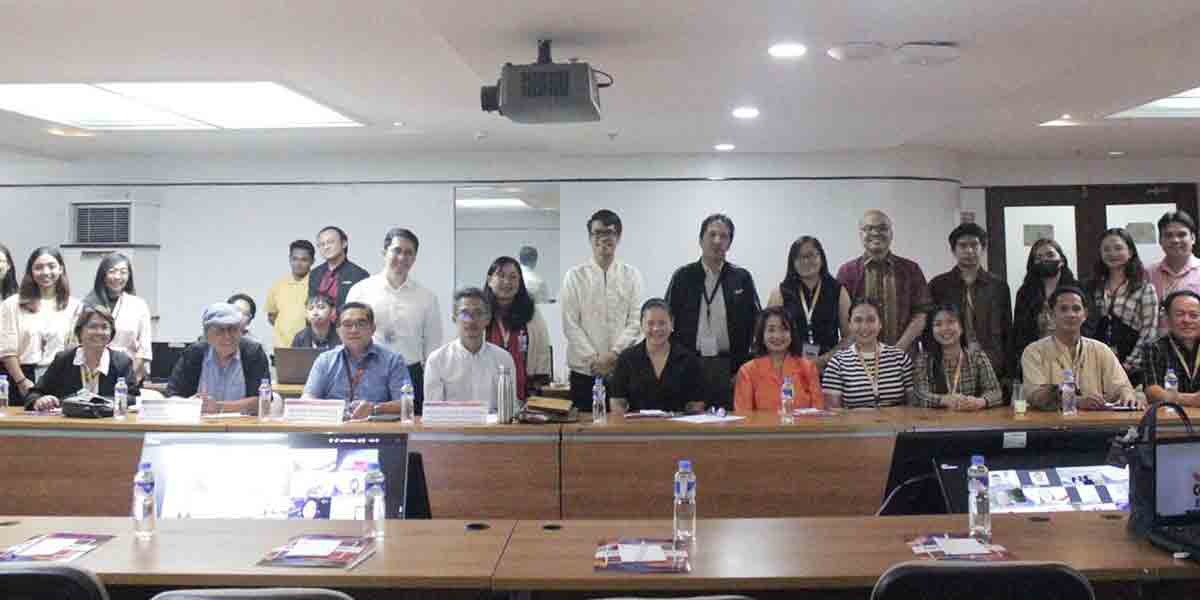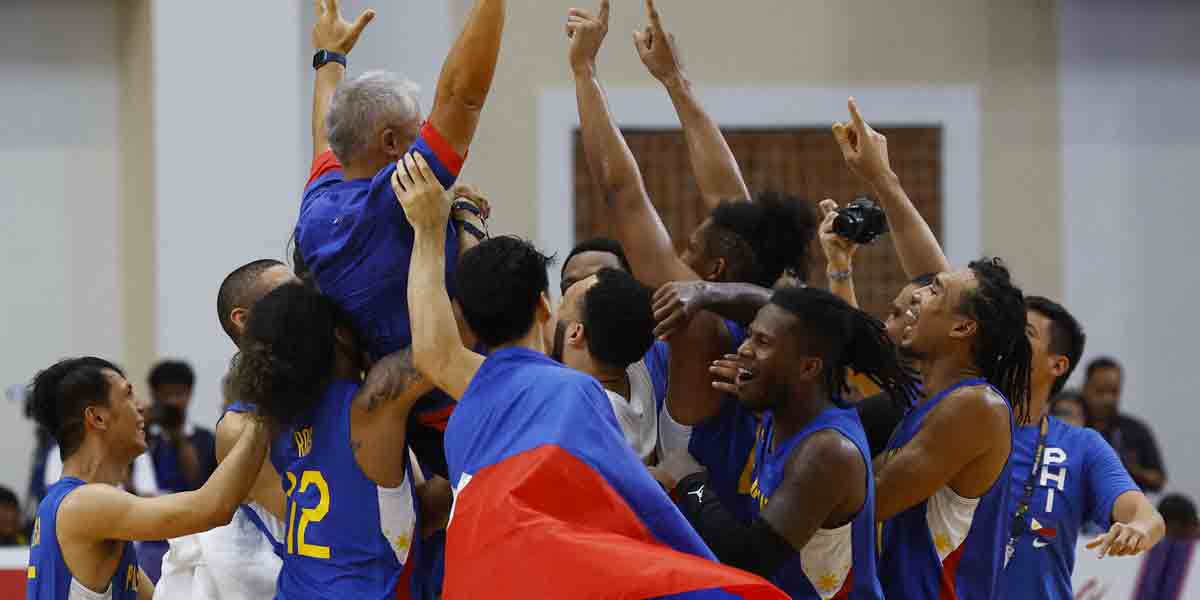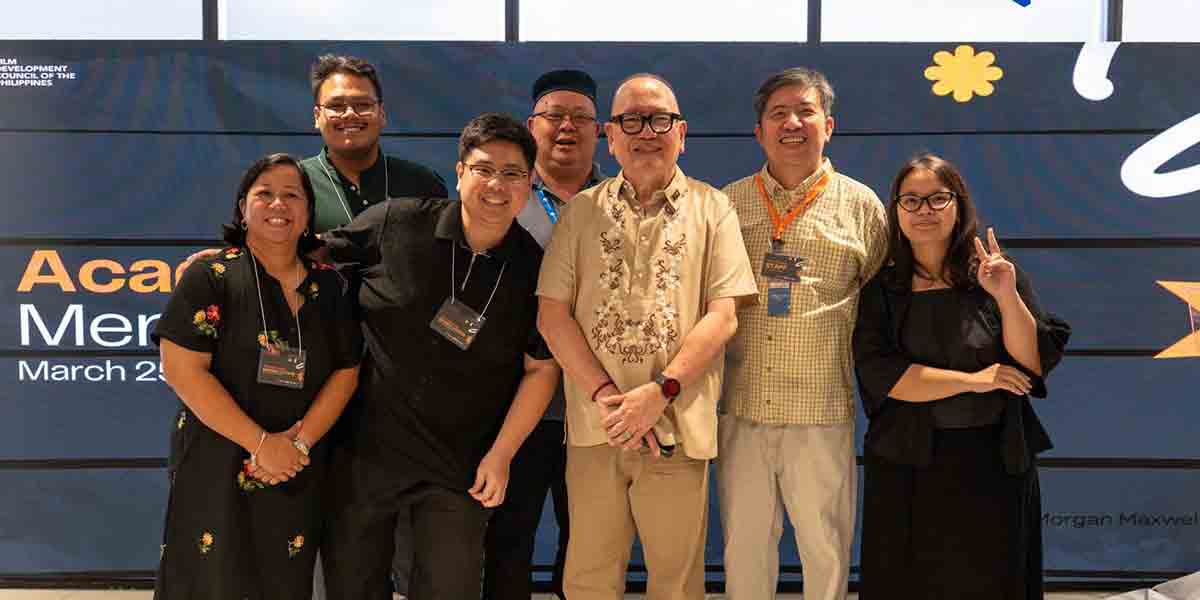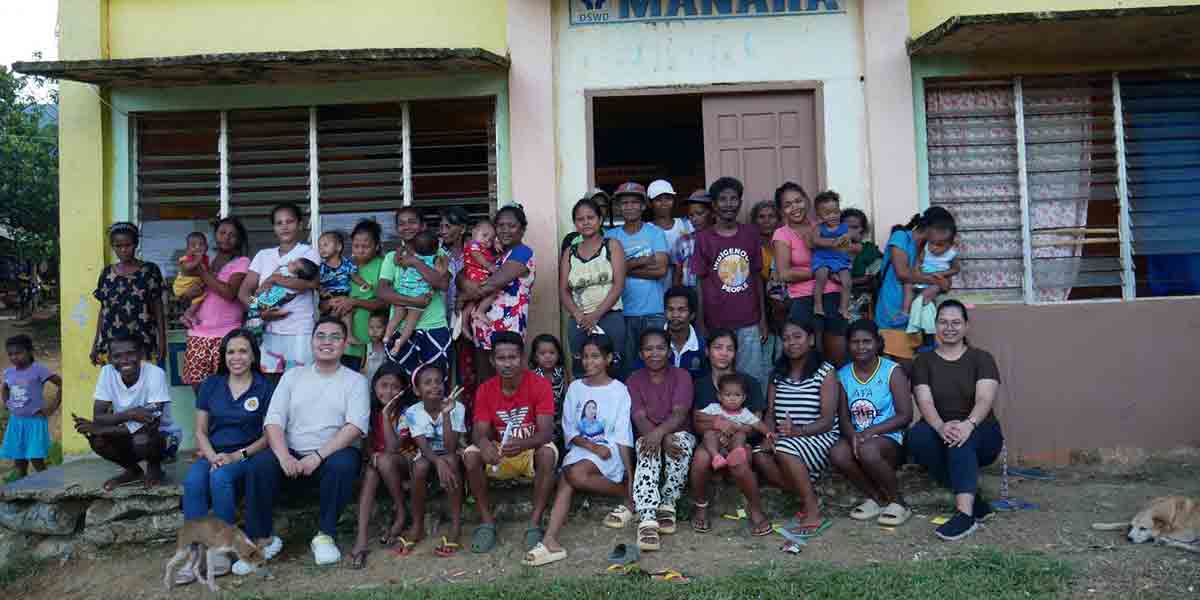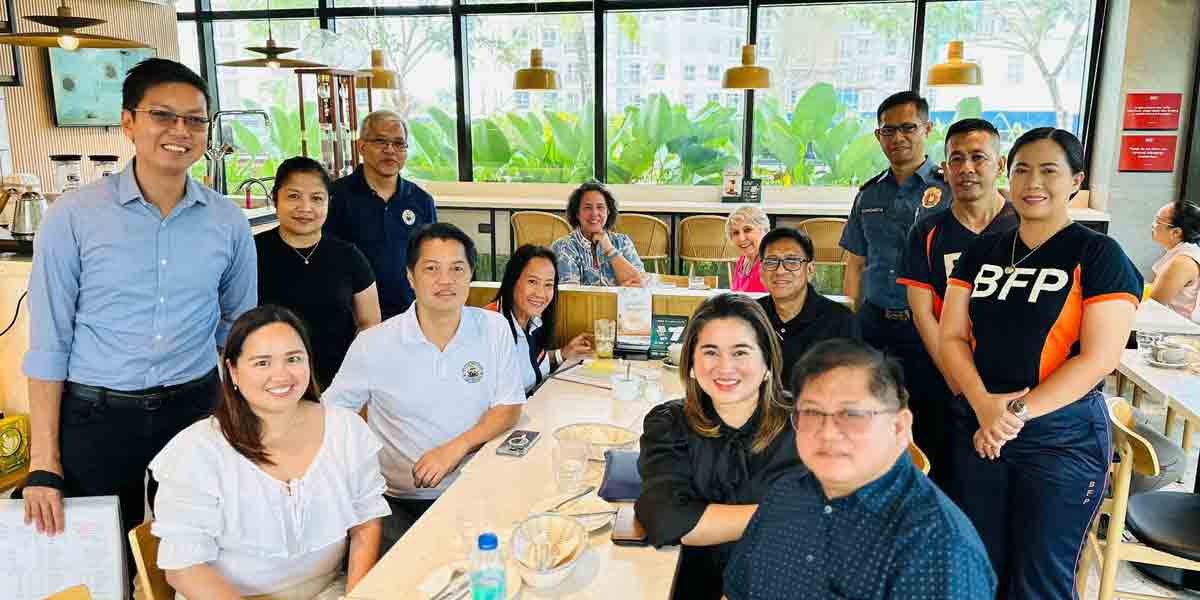The Department of Social Welfare and Development in Western Visayas (DSWD-6) has issued a stern warning against illegal cuts or commissions in government financial aid programs, highlighting a pervasive issue in the Philippines.
The agency stressed that such practices are illegal, vowing legal action against perpetrators.
Reports of intermediaries demanding a share of welfare funds reveal deep-seated corruption tied to patronage politics and political dynasties.
Programs like the Sustainable Livelihood Program, Assistance to Individuals in Crisis Situation (AICS), and Ayuda sa Kapos ang Kita Program (AKAP) are among the most vulnerable to exploitation.
These initiatives, intended to uplift marginalized communities, are often misused by individuals with bureaucratic or political influence.
Even the Cash-for-Work program, designed to provide income for labor rendered, has reportedly been manipulated through “patronage cuts.”
While the Pantawid Pamilyang Pilipino Program (4Ps) is largely protected by direct cash transfers, other programs relying on intermediaries remain exposed to corruption.
A 2019 Philippine Center for Investigative Journalism report found that political dynasties often leverage welfare programs to consolidate power, positioning loyalists within the bureaucracy to control aid distribution.
These practices perpetuate dependency, undermine public trust, and transform welfare initiatives into tools for political gain.
Corruption diverts critical resources from the poorest Filipinos, deepening poverty while fostering patronage networks that reinforce dynastic control.
Politicians wielding power over aid distribution often compel beneficiaries to remain loyal for fear of losing access to assistance.
Breaking this cycle requires systemic reform.
The DSWD’s commitment to pursuing legal action against corrupt actors is a positive step, but broader changes are necessary to address the root of the problem.
Digitizing all disbursement processes, as with 4Ps, would minimize opportunities for graft.
Strengthened oversight mechanisms and greater involvement of civil society groups in monitoring aid distribution are essential.
Moreover, passing anti-political dynasty legislation, as mandated by the Philippine Constitution, would help dismantle entrenched political monopolies.
The current exploitation of government aid underscores the urgent need for these reforms.
Without them, welfare programs will continue to serve political interests rather than the marginalized Filipinos they are meant to empower.






